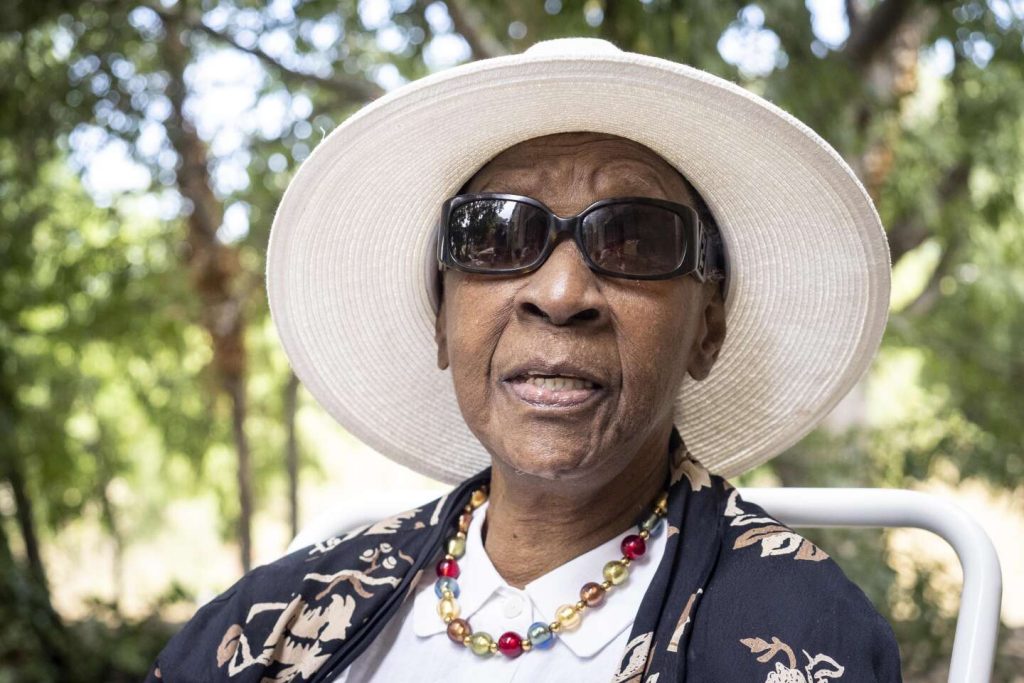Maryse Condé, a giant of world literature, passed away in the night between April 1st and 2nd. Born in Guadeloupe in 1934, she was a prolific writer, known for her novels, plays, essays, children’s stories, and even recipes. Her works often take readers on a journey across the Atlantic, connecting Africa, America, and Europe. Through her writing, geography and history intertwine, bringing to light forgotten stories from African empires, the slave trade, colonial times, and the present day. Drawing inspiration from Aimé Césaire, Edouard Glissant, and Frantz Fanon, Condé’s universal work captures the essence, flavor, bitterness, and strength of marginalized individuals, particularly women like Tituba, who become legends under her pen.
Maryse Condé played a significant role in promoting French and Francophone literature worldwide. In the United States, she founded the Center for French and Francophone Studies at Columbia University in New York, a legacy that continues to influence scholars today. She also held a prominent position as the president of France’s National Committee for the Memory and History of Slavery, contributing to the establishment of May 10th as the National Day for Remembrance of the Slave Trade, Slavery, and their Abolition. In a time of division within French society, Condé stood as a respected and unifying figure, passionately engaged in her work while inspiring and bringing people together.
Her legacy lives on through her contributions to literature and history, encapsulating the struggles and triumphs of marginalized individuals. The suggestion has been made to honor Condé’s memory by placing a plaque in her name at the Panthéon, alongside other influential figures such as Aimé Césaire, Joséphine Baker, Victor Schœlcher, and Félix Eboué. This proposal aims to recognize Condé’s impact on French culture and society, acknowledging her as one of the nation’s finest representatives of diversity and inclusivity.
As a writer, scholar, and advocate for social justice, Condé’s work transcends national boundaries, resonating with readers worldwide. Her exploration of themes such as identity, race, and power dynamics sheds light on the complexities of the human experience, urging readers to reconsider their perspectives and engage with history in a meaningful way. Through her commitment to storytelling and education, Condé leaves behind a rich literary legacy that continues to inspire future generations and shape the discourse on race, identity, and cultural exchange.
In her passing, Condé leaves behind a profound impact on literature, academia, and activism, with her works serving as a testament to the power of storytelling in challenging societal norms and promoting dialogue across cultures. Her voice, with its depth of insight and compassion, will be sorely missed, but her influence will endure through the countless lives she has touched and the enduring legacy she has left behind. As we reflect on her life and work, we are reminded of her dedication to justice, equality, and the celebration of diverse voices in literature and beyond. May Maryse Condé’s memory continue to inspire us to strive for a more inclusive and compassionate world.















